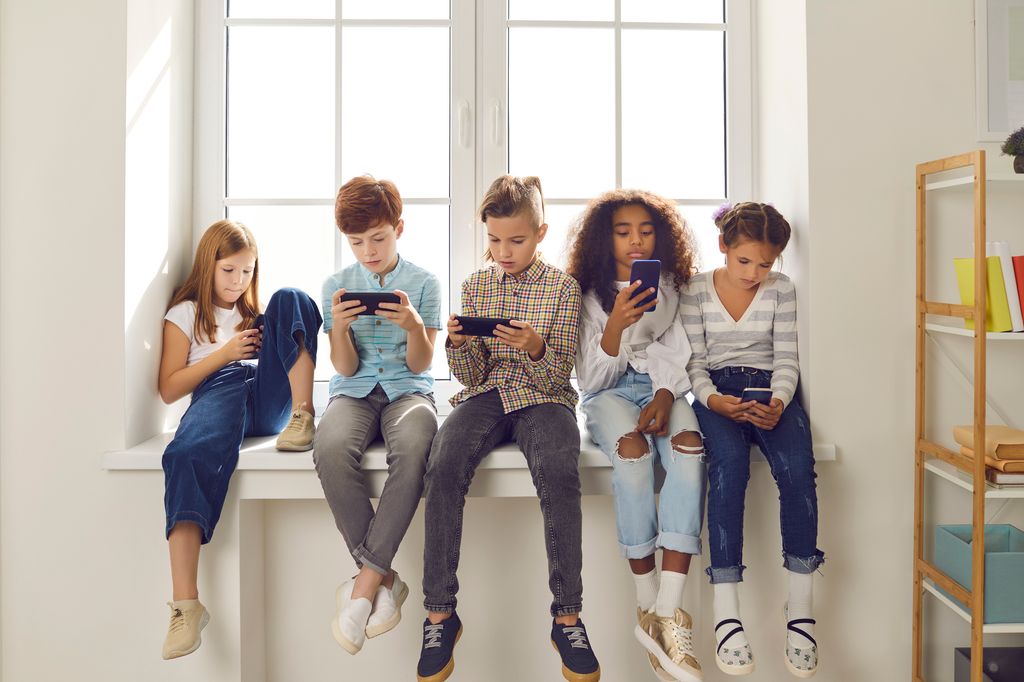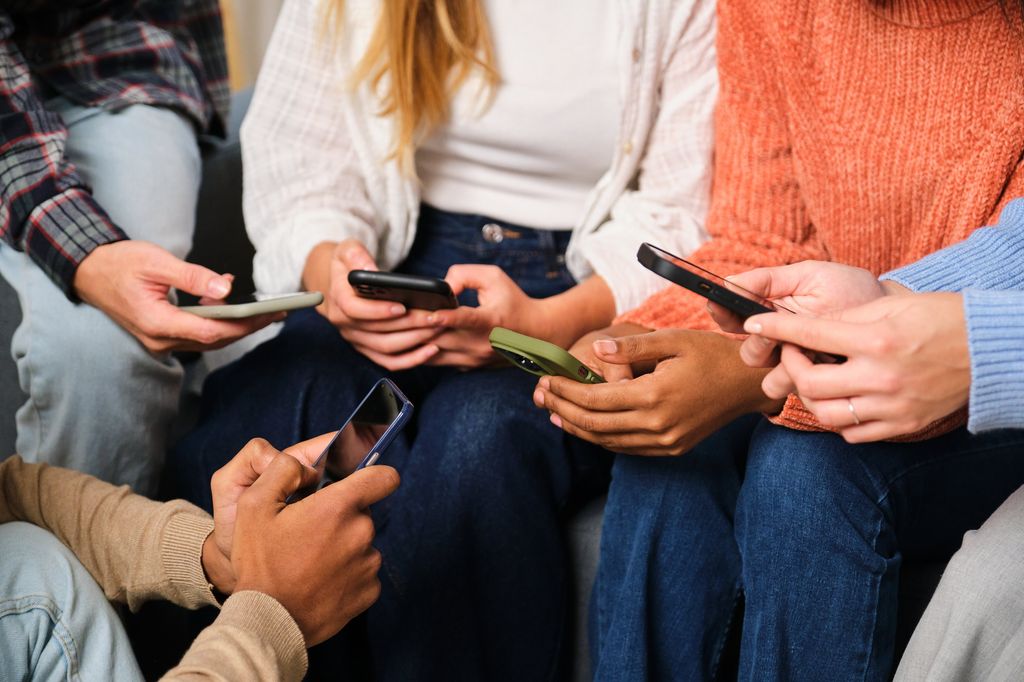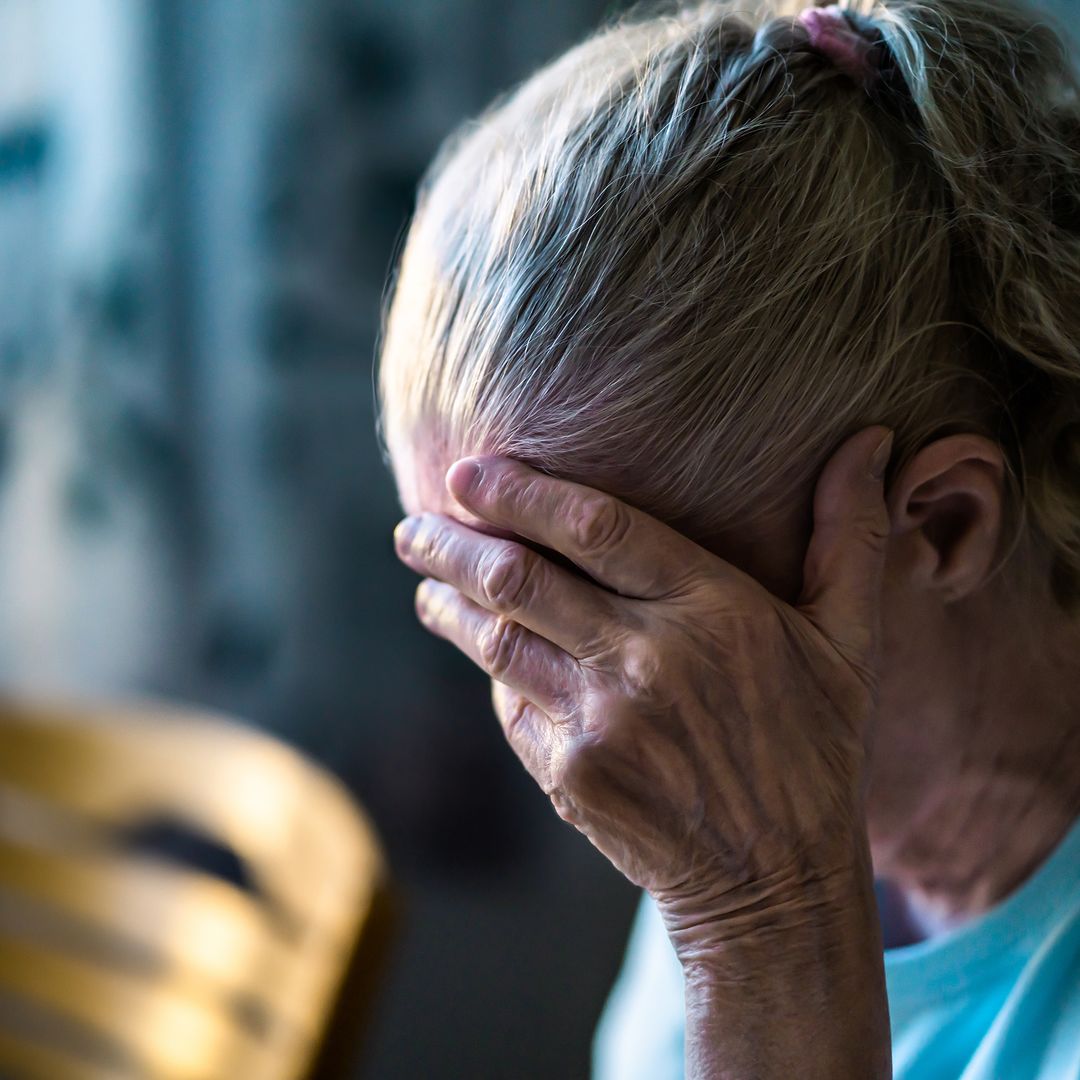There's no escaping screens - they're a permanent part of our lives. What's also becoming more clear by the day, though, is how harmful they can be to a young person's developing brain. In recent years, child psychologists and other healthcare professionals have been raising alarms about a rise in mental health disorders in minors, and scientists are asking how much screens have to do with it. Esther Rincón, Doctor in Clinical and Health Psychology, has studied the warning signs of screen addiction in our children and explains what they are and what can be done about it.
"Awareness is a crucial part of preventing digital addictions," she says. "The involvement of everyone involved in a child or teenager's care is crucial: parents, teachers, paediatricians, psychologists and psychiatrists, and of course, the kids themselves. The sooner it begins in schools and families, the better."
How can we tell if our child is susceptible to developing a screen addiction?
"There's one very powerful tool to prevent not just digital addictions but also any other kind of emotional disorder in our children: paying attention. Demands at work and at home sometimes mean we don't have much time with our children, but you can observe them strategically and effectively. That way you can get ahead of not just the possible onset of an addictive pattern, but other issues, too. If we understand our children's virtues as well as their weaknesses, we can better understand how to support the former and minimise the latter. In today's digital society, knowing our children well is a crucial aspect of parenting - and even more so these days given the challenges they will face as adults in the future, including the dizzying advance of AI."
There's one very powerful tool to prevent not just digital addictions but also any other kind of emotional disorder in our children: paying attention
How do we know when screen time goes beyond what's normal into addiction?
"When a behaviour that was once done purely for pleasure becomes a necessity. For example, if a child starts out playing a certain video game because it's fun, but then begins to neglect important tasks and obligations in their lives, like school and friends; if that increasing need to spend more time playing leads to a negative impact on their lives: bad grades, neglect of hygiene, reduced sleep time, stopping seeing friends or participating in their favourite hobby; if they become moody or irritable when they aren't allowed to play the video game.
"If a child repeatedly seeks something to ease their discomfort and feels better once they get it, it could be an early sign of an addictive disorder. That said, the situation would have to be evaluated by a qualified healthcare professional."
What is it about social media that makes so many teenagers get "hooked" on them?
“Social media is addictive by design. You have to remember that the more time spent on them, the higher the revenue for these companies. So their commercial interest is clear: more users, more time connected, more profits. The engineers who develop them are well-trained in how to capture our attention and 'hijack' it so that we stay on that social network for longer and longer. The infinite scroll design of these platforms is a clear example of this.
"We regulate certain drugs because we know they affect our bodies, but in the case of the digital sphere - social networks, video games, online pornography, sexting, etc - we know they affect our brains, sometimes harmfully, but our laws haven't fully caught up with them yet. It must be said, though, that a lot of progress is being made in that regard thanks to the amazing scientific contributions of so many researchers, organisations and healthcare professionals."
What can we do to help a child or teen recover from an addiction to screens or social media?
"Consult with a qualified professional with experience in this field. You can ask your trusted paediatrician for advice, but, in general, a specialist will be a big help, especially if early intervention is needed."
If your child is doing homework and a social media notification distracts them, it will then take them about 30 minutes to regain the same level of concentration on the original task
How does this addiction affect children and teens?
"They'll be more irritable, because [human beings] aren't designed to be glued to a screen during childhood and adolescence. If we don’t set limits it quickly evolves from purely recreational to abusive and addictive. The more they use screens, the more it will irritate them not to have access to them.
"It's well-documented that the blue light from digital devices affects our brain, delaying the onset of sleep and deteriorating the quality of our sleep, too. It's harmful for children to use screens before bedtime because it not only delays the child falling asleep, but it also causes sleep to be less restorative. Of course, it should be noted that the unsupervised use of screens by minors is also an opportunity for them to view age-inappropriate content, so the risk of misuse increases exponentially."
Can it also affect academic performance?
"Yes, that's one of the indicators we use to diagnose an addictive disorder. It should be noted that 'multitasking' does not exist from a scientific point of view. If your child is doing their schoolwork on a computer or mobile phone that has thousands of notifications going off, it's going to be hard for them to concentrate...
"If your child is doing homework and a social media notification distracts them, it will then take them about 30 minutes to regain the same level of concentration on the original task. Having to constantly refocus consumes cognitive resources. With these distractions, studying will require a lot more of their energy. In the end, they won't be capable of fully focusing on the important work that needs to be completed."
When should a parent seek professional help?
"If you see a major change in your child. As parents, we know our children, so you may detect that 'need' for technology. For example, changes in behaviour, such as increased irritability, more sexualised behavior than would be expected for their age, or if they’re being more sad or quiet than usual. Or sleep patterns and eating habits - they suddenly aren’t tempted by their favourite dish and instead want to go play video games or check their phones. There’s a very useful detection strategy: the digital detox. If you impose a screen-free period and your child is unable to tolerate it, you may need professional help."
Where do you stand on not giving children a smart phone until a certain age?
"It strikes me, and I mention it to my students in class, that in 20 years of studying the effects that technology has on people's behaviour, all of the [software] engineers I work with tell me that they won't let their kids have access to social media until they are of legal age. That really makes me stop and think. Still, I would add that just banning social networks isn't effective on its own. From a psychological standpoint, when you ban something, you actually are making it more appealing. It's something we've historically seen in the field of addiction. But what does work are regulations combined with awareness campaigns and educating parents and caregivers."
In 20 years of studying the effects that technology has on people's behaviour, all of the software engineers I work with tell me that they won't let their kids have access to social media until they are of legal age
Some advocate a 'contract' between parents and children when they receive a mobile phone. Is that a solution?
"Yes. It's a concept that was pioneered in the US - the 'iRules' contract created by an American mother, Janell Burley Hofmann, as a condition for giving her son a smartphone. The important thing here is that each family evaluates its own pros and cons for their family, establishing limits and rules - and also being clear that if you break them there are consequences. Once consequences are established, the parent has to follow through."
About the expert:
Esther Rincón, is a Doctor in Clinical and Health Psychology, and professor in the Department of Psychology and Pedagogy in the Faculty of Medicine of San Pablo-CEU University. The head of the New Technologies Laboratory for the Psychology degree at CEU, she coordinated the Spanish-language book Hyperconnected: Are Our Children Abusing Mobiles and the Internet? ("Hiperconectados. ¿Abusan nuestros hijos del móvil e Internet?)










